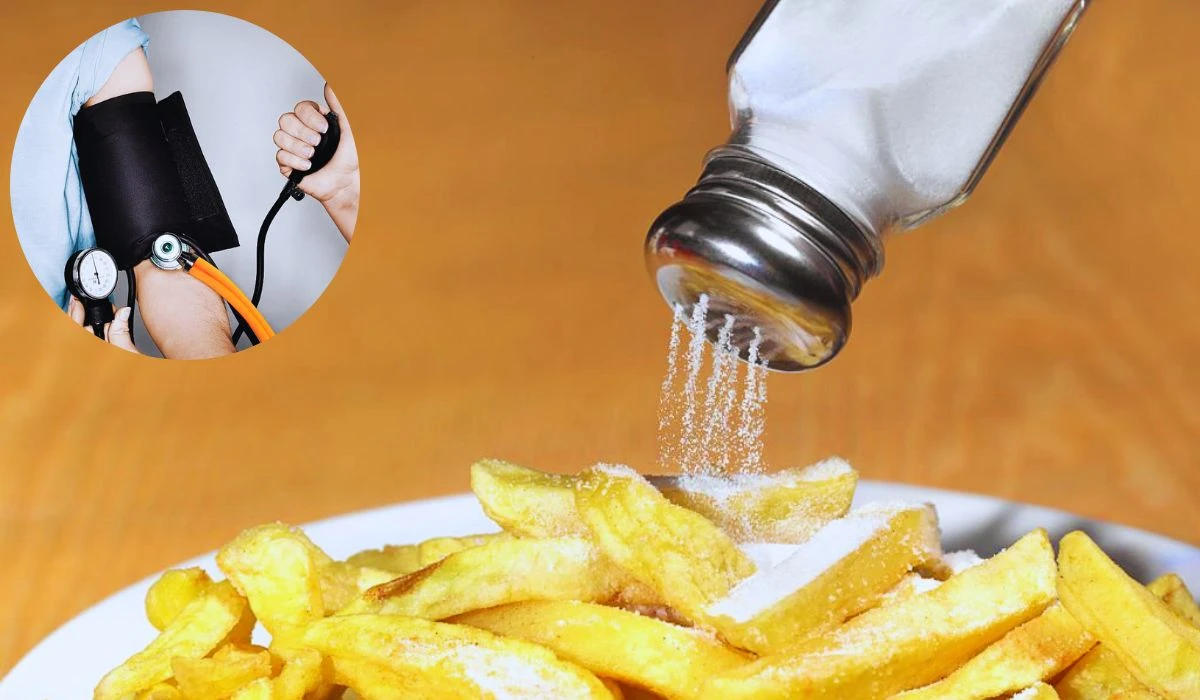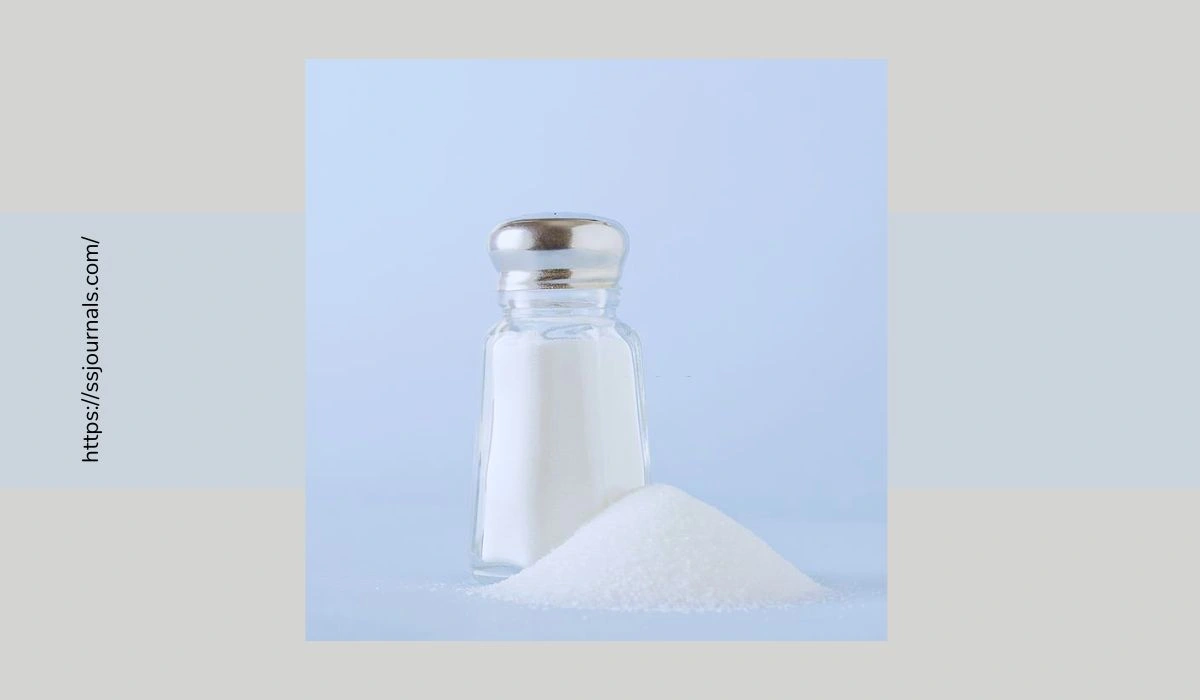Needless to say, salt is a crucial part of our cuisines. It is what makes the food eatable up to an extent. But consuming too much salt can lead to many health conditions.
According to the Food and Drug Administration, the daily consumption of sodium should be less than 2,300 milligrams (mg) per day.
Recent research shows that overuse of salt, mainly sodium chloride can elevate your blood pressure and threaten cardiovascular health which might even lead to premature death.
In this article, we will be analyzing some of the best salt substitutes for high blood pressure. Using these alternatives might prevent some of the unhealthy risk factors caused by salt consumption. Read on to know more about these salt substitutes below.
Who Should Be Concerned About The Salt Intake?

If you have the following conditions, you should be concerned about your salt intake:
- People with a risk factor for high blood pressure.
- Obese or overweight people.
- People with a risk factor for kidney disease, diabetes, and sleep apnea.
- Smokers or vapers.
- Middle-aged or older adults.
- People who have edema.
Best Salt Substitutes For High Blood Pressure
Being one of the most common spices, it is difficult to eliminate salt from our diets. Also, sodium in a minimal amount is necessary for the healthy functions of our body.
To clear up this dilemma, we have prepared a list of some flavorful salt substitutes. Go through them and find out how you can change up the salt game with these substitutes!
- Lemon Juice Or Zest
As it contains citric acid, lemon juice has a natural salty flavor. Adding lemon juice to dishes can bring out the inherent flavors of these dishes, just as salt does.
So the next time you want to reduce the usage of salt, try sprinkling some lemon zest or squeezing some lemon juice over the dishes.
- Garlic
Another healthy salt substitute for high blood pressure is garlic. Having a pungent flavor, it can boost the taste of a dish without raising the sodium content.
Adding garlic can both increase the taste of the food and improve its health content. Research shows that allium vegetables such as garlic can lower your blood pressure, improve immunity and enhance brain health.
- Onion Powder Or Dried Onion Powder
Onions or onion powders can enhance the flavor of any dish. It can be added to soups, dips, and salsas instead of salts.
Having an abundance of antioxidants and anti-inflammatory properties, it can also be beneficial for your health.
- Ground Black Pepper
Known for their eternal partnership, salt, and pepper are an important part of the culinary table. You can reduce salt addition by enhancing it with pepper content.
It might be excellent for soups, pasta, and roasts. Consuming black pepper can fight inflammation in your body.
- Vinegar
Vinegar can be a low-calorie alternative to salt in foods. Even though it can’t be a complete alternative to salt, it can add a complex flavor to foods, especially desserts.
You can experiment with different types of vinegar such as red wine vinegar and apple cider vinegar.
- Nutritional Yeast
This is a deactivated yeast that comes in flake or powdered form. Being a cheese and savory flavor, it can be added to food items such as pasta, grains, and popcorn.
Having an abundance of vitamin B12, it can also provide certain health benefits. Nutritional yeast can be a good seasoning option for vegans.
- Dill
Dill has a citrus-like taste with a grassy undertone. It can act as a flavourful alternative to salt. You can use it with food items such as fish, cucumbers, and potatoes. It is a good source of vitamin C, vitamin A, and magnesium.
The Bottom Line
Going through the article, it can be understood that too much salt can cause many risk factors for health. By supplementing with certain salt alternatives, this issue can be solved.
Some of the healthy salt alternatives are garlic, dried onion powder, lemon juice, ground black pepper, vinegar, etc.
As these are purely natural and don’t contain any amount of sodium, they won’t cause much harm to health. Also, these salt substitutes are imbibed with certain nutrients that are beneficial for health.

